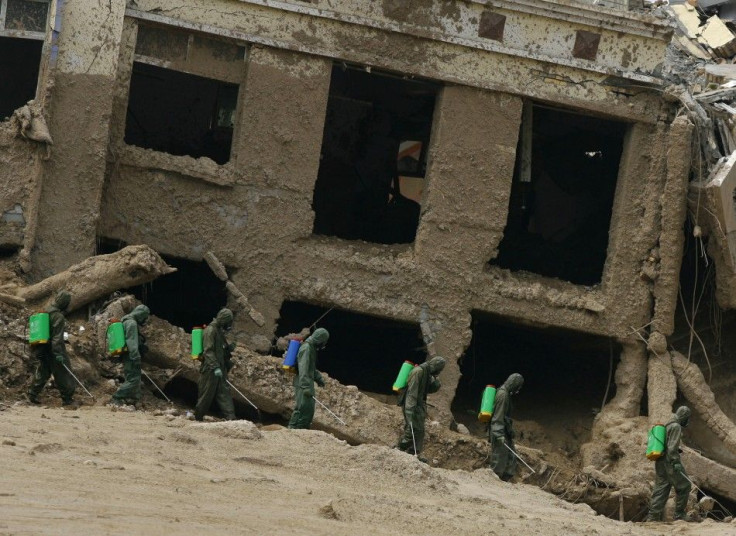World Toilet Day 2020: Countries That Are Still Reeling From Open Defecation Crisis
World Toilet Day is observed on Nov. 19 every year. The day was designated by the United Nations (UN) to create public awareness about hygiene and address the global sanitation crisis.
The UN has rolled out World Sanitation Day to "inform, engage, and inspire" people to achieve sustainable development goal 6.2, which aims to "End open defecation" and provide all the access to "sanitation and hygiene" by the year 2030.
Sustainable sanitation is the key to withstand climate change and keep the communities healthy, especially in the ongoing pandemic situation when human feces left in the open can lead to other people coming into contact with the fecal pathogens, including the coronavirus from an infected person.
Access to proper sanitation is not just a privilege, but a fundamental human right. Lack of sanitation poses a range of health hazards, including diarrheal disease, worm infection, hepatitis A, and even fatal diseases such as Cholera.
The idea of good sanitation is centered on deploying toilets to ensure proper disposal of human urine and feces to significantly lessen the spread of several diseases. Official data shows that there are 4.2 billion people in the world who are living without access to safely managed sanitation and worse, around 673 million people practice open defecation, which is known to adversely impact the climate and human health.
Open defecation refers to the human practice of excreting in fields, bushes, forests, ditches, streets, canals, or other places because they don’t have a readily accessible toilet. The crisis of open defecation is linked to poverty, conservative cultural practices, homelessness, and a magnitude of social difference between the rich and the poor in a country.
Here is a list of the countries where people still practice open defecation and are in urgent need of the deployment of more toilet facilities:
India: The total number of people practicing open defecation in the country was estimated at 626 million in 2012, but since the launch of the Clean India Campaign in 2014, about 500 million people have stopped openly defecating and the tally is less than 50 million now.
Indonesia: At least 63 million people practice open defecation in the country, as per a report by the World Health Organization (WHO) published in 2012.
Pakistan: The WHO report states that at least 40 million people openly defecate in the country.
Ethiopia: About 38 million people are determined to be practicing open defecation in Ethiopia by WHO.
Nigeria: About 46 million people practice open defecation in Nigeria due to lack of sanitation.
Countries, where the total tally of people practicing open defecation is below the 20-million mark, are Sudan (19 million), Nepal (15 million), China (14 million), Niger (12 million), Burkina Faso (9.7 million), Mozambique (9.5 million), and Cambodia (8.6 million).























